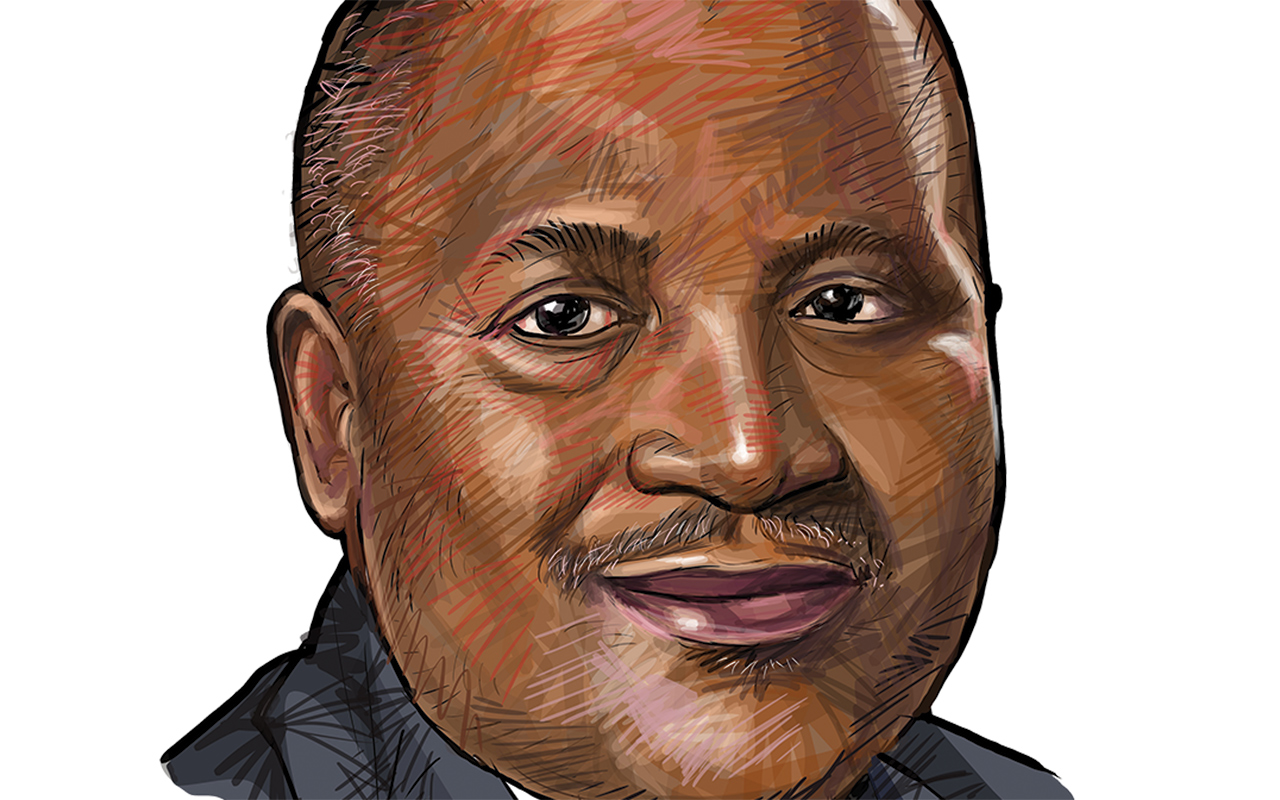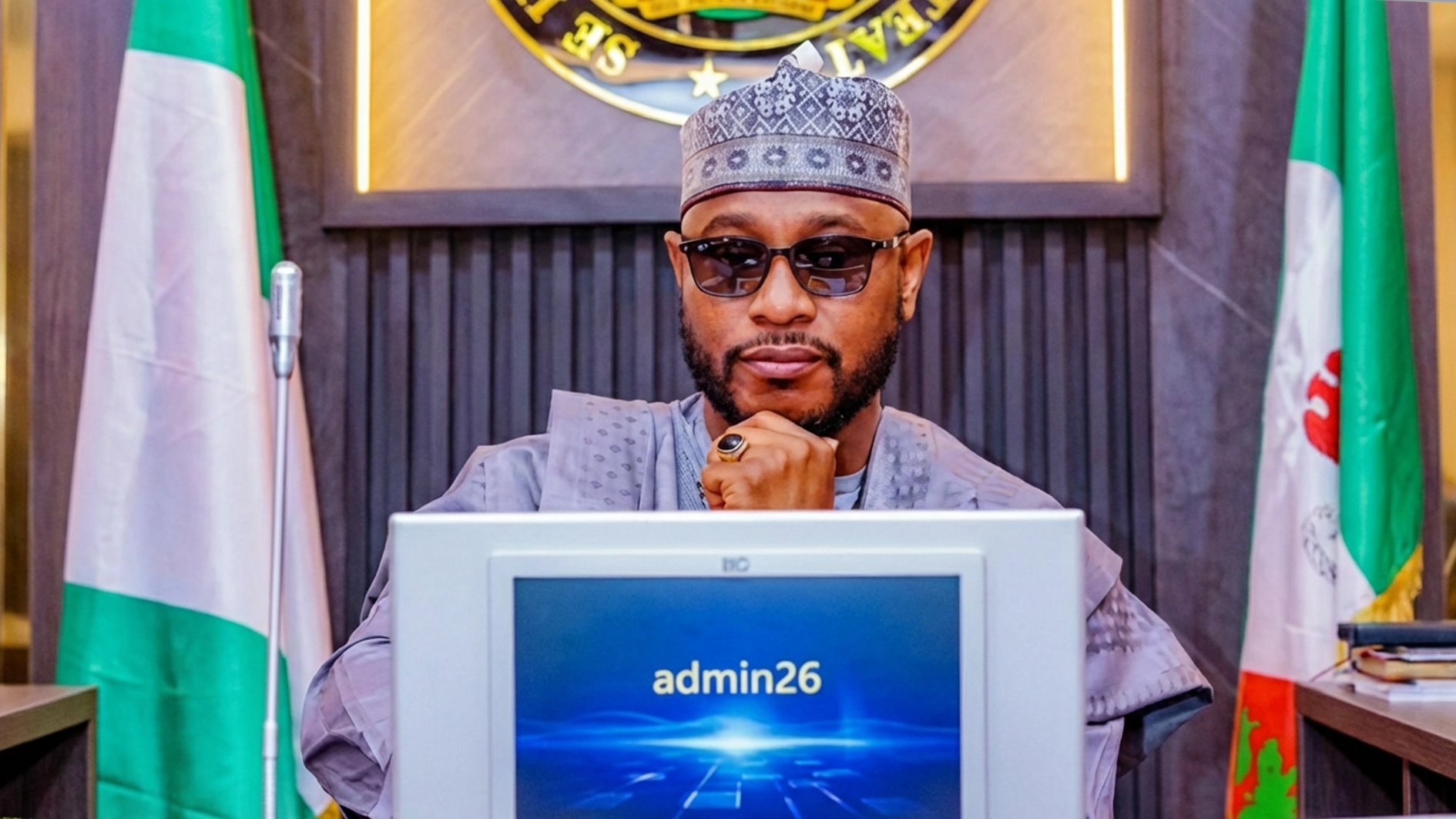
Mrs. Diane Abbott (MP) is the first-ever black woman to be elected into the British Parliament on the platform of the Labour Party. Abott, a distinguished broadcaster and global advocate for access to quality, free education as well as Shadow Secretary of State for International Development, was the guest lecturer at The Oxford and Cambridge Club of Nigeria Spring Lecture 2016, which had as its theme, “Education: Reach for the Stars; Ensuring Access for All.” She spoke to VICTOR GBONEGUN.
You are the founder of Black Child Education Initiative, what was the motivation for setting this up?
I was very fortunate with my education because I had the benefit of good education. But I knew from my family, friends and constituency that there were lots of children, especially boys, who were not doing well in schools and when children are not doing well in school, they tend to get involve in a lot of anti-social activities. So, I was keen to help support black families and children.
It started with organising conferences for parents and children, and organising award ceremonies. Basically, it was to support black families and make sure that children have the best that there was. Our award programmes had positive impact on brilliant children including Nigerian children.
One of my concerns is that children globally don’t necessarily have access to education. Sometimes, it is because their country doesn’t have the finances to invest in free education at both the lower and higher levels. Recently, I have been visiting a lot of refugee camps in Europe; both in France and in Greece and what we saw there, shows refugees and migrants who don’t have access to education at all and this is worrisome because we tend to have a lost a generation of young people as a result of lack of access to basic, quality education.
My message to government is that education is a basic need. We recognise food, health, shelter, but education is also a basic need because our young people won’t be able to compete globally without it. We have seen great shift in population, if our young people are uneducated, the young people of other countries would come to our country and take up jobs our young people can do.
What are the concerns of the British Parliament regarding the challenge posed by Boko Haram in Nigeria, and the effect of their activities on education particularly on the displacement of children?
British people are very concerned by the girls snatched by Boko Haram. It got a lot of publicity in the United Kingdom. In my constituency, it drew huge concern from everybody. We felt upset that young people who tried to get an education could be kidnapped this way. I understand that two of the girls have been returned and have met with top government functionaries including President Muhammadu Buhari. There are still worries because we don’t know what has happened to the rest of them.
A country like Nigeria would only develop economically to the extent that its young people both boys and girls are educated.
When you look around the world, the countries that are doing very well in relation to growth, including post-colonial countries are countries like China, Singapore and India, who focus seriously on education.
I think terrorism has to do with the underlying issues of socio-economic hardships whether in Nigeria and in every other place affected where younger people think that they don’t have hope. Politicians must work towards creating an economy, which creates jobs and not the one that makes money for a few people, which amounts to one percent versus 99 percent. We should strive for an economy that creates jobs for 99 percent of our children.
Aside military strength, we must monster sufficient efforts to combat terrorism.
One of your recent tweets recently criticised a fellow parliamentarian who called for a hike in tuition. Tell us more on this with regards to funding of education in the UK?
When I went to school, education used to be funded by government and it was completely free. I had a living grant. We introduced a system of loan and the young people that were not so well off were better than their parents. Government still largely funds education and I think it is something any serious government must make a priority.
I was opposed to tuition fees because I know that when I was a young person, I knew that if I had to pay before going to the university, my father wouldn’t get me there which means I got to work. So, I will not support anything that would stop ordinary children from accessing quality education. When you push tuition fees up, it affects the number of young people going to universities. If you get to Cambridge and Oxford today, the number of black British undergraduates there, is not greater than when I went there.
What should be the focus of education going by the fact that globally and particularly in Nigeria, you have graduates who can’t access jobs?
For a society to move forward, education must move forward, but it is important to have core skills, reading, writing, and mathematics. Technology is needed to facilitate the understanding of the new media.
It is much about children having access to skills, because it is a competitive world. People should be educated for the right job that exists and governments should ensure that there is growth in the economy. So, if you don’t have growth, you can’t create jobs. Politicians must look at policies for growth, which also create jobs. A country like Nigeria probably has to look at agriculture. At independence, Nigeria was one of the biggest agriculture-friendly nations, but it is now falling back. So it is important for Nigeria and the UK to look back to be able to feed their citizens.
You had a huge career in the media; can you share this with us?
Yes, before I became MP, I worked in the British Broadcasting Corporation (BBC) and I also did some political communication. I have done a lot of media work, particularly for a period of 12 years. I had my political discussion show once in a week, which was quite interesting because it was quite popular.
What is your assessment of the profession globally?
Everybody hates journalists, or let me say politicians are very upset with journalists when their private lives are intruded. But when politicians get involved in corruption and crimes, for me that is a big issue. I think journalists in this modern age are important in keeping politics free of corruption because publicity is the best disinfectant.
What types of legacy do you want to leave behind for people?
From my district, I can point out to schools, houses, transport infrastructures that were built from my government. But more important than that, I like to think by going to the parliament, I have set up Diane Abbott Foundation and I want to use that charity to build some specific legacies around education and do international works, support families on how to help black boys in particular, to achieve their dreams.
What is your background like , which must have helped to shape your world view?
I am a member of parliament from Hackney North and Stoke Newington. I have one of the largest number of friends from Nigeria in the UK. I have been in the
British Parliament for 29 years. First elected in 1987 and I was the first black woman ever to be elected into the British Parliament.
My family came to the UK in the 1950s from Jamaica. I have served in a number of committees including; Foreign Affairs Committee and the Treasury Committee. I am now the Shadow Secretary of State for International Development.
My parents came from a rural village in Jamaica and those people believed that you could leave your district and conquer the world. That sense of belief I got from my ancestors has carried me through life.






